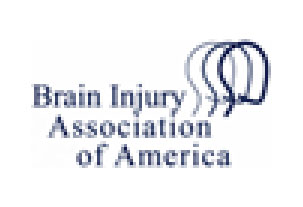According to a new study, late-term and preterm babies face a slightly greater risk of developing cerebral palsy than those born at term.
That preterm babies face greater risks is well known but this is the first study to link cerebral palsy to infants born after 40 weeks of gestation. Researchers caution that the risks are very small and the data are not sufficient to recommend intervention.
According to the study, published Sept. 1 in the Journal of the American Medical Association, the risk for infants born at 37 weeks developing cerebral palsy was 90 percent. At 38 weeks, the risk dropped to 30 percent. But at 42 weeks and later, the risk for cerebral palsy increased to 40 percent.
The study looked at a group of infants who had no other birth defects.
The report concluded that the causes for this are unclear and more research into late-term risks must be conducted.
For more information on cerebral palsy, visit the U.S. National Institute of Neurological Disorders and Stroke.
Source: Steven Reinberg, HealthDay













